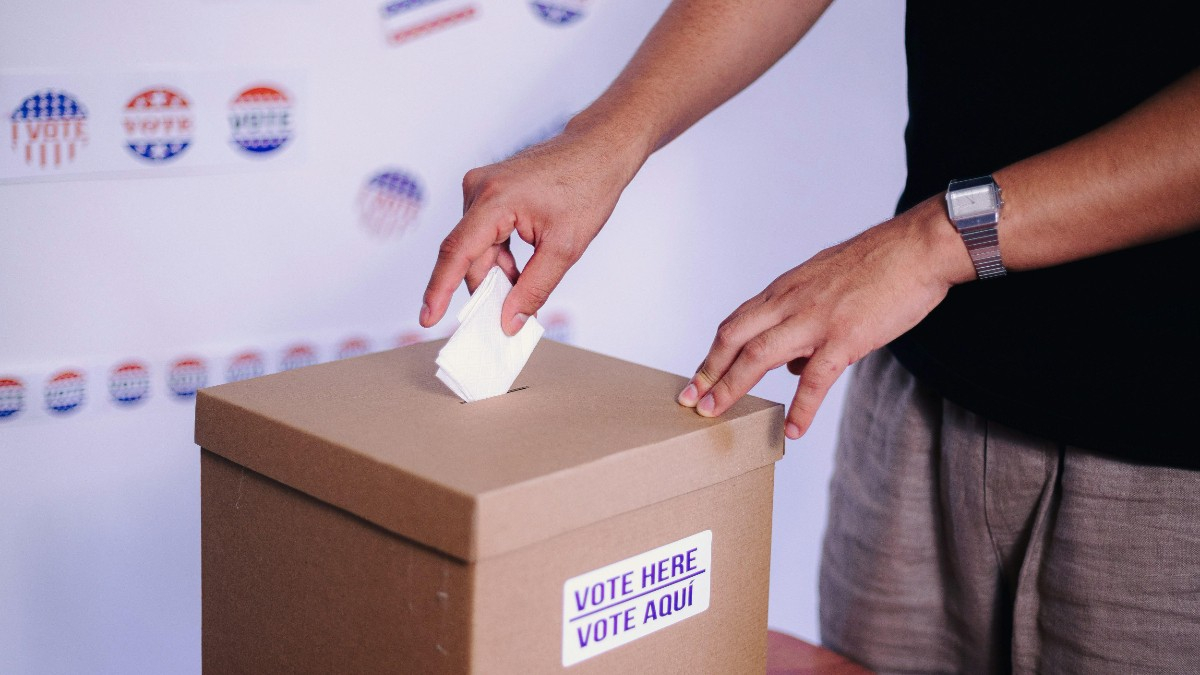The US electoral system is a long process that comes up with the winner in presidential elections. In contrast to most democracies where the winner is usually determined through popular vote, the United States adopts the electoral college. This article will demonstrate how the US electoral system works, define what direct voting is, and explain what is meant by indirect election within the framework of presidential election.
How the electoral college works
The Electoral College is considered one of the quirky aspects of the American electoral system. The members in this college comprise 538 electors, and a majority of 270 electoral votes must be attained for one to be announced as the winner of the presidency. Each state is apportioned a set of electors equal in number to all Senators and Representatives the state has in Congress. For example, California has 55 electoral votes, while smaller states like Wyoming have 3.
Technically, when voters go to the polls to cast their ballots in a presidential election, they are voting to select a slate of electors in their state that their party has chosen to support the party’s candidate. The candidate receiving the most votes in a particular state during the general election is supposed to take all that state’s electoral votes except in Nebraska and Maine, which use “winner-takes-all.”.
Strengths and criticisms supporters of the Electoral College
Experts argue that it compels the candidates to extend their campaign efforts across the country and not focus on heavily populated urban areas. It also reinforces the federal nature of the United States by putting smaller states on a more equal footing.
On the contrary, the opposition argues that it may result in a scenario whereby over time a candidate will emerge the winner of the presidency and fail to attain the popular vote as in the 2000 and 2016 elections. It is from this that several people have called for reforms or the abolishment of the electoral college and its replacement with direct popular vote.
What is direct voting?
Direct voting, also known as direct democracy, is when the voters themselves directly decide on their leaders or policy issues without the agency of intermediary representatives. In a direct vote system for presidential elections, the candidate receiving the plurality of the votes nationally would gain the presidency. Among many other countries, direct voting systems of presidential selection are nationally applied in France and South Korea.
Advantages of direct voting
Direct voting is also cheered due to its simplicity and transparency. The candidate who wins the majority votes from the electorate wins since their will comes closer to reflecting the majority. This may strengthen voter participation and legitimacy, with all votes of equal value in determining the outcome.
Possible drawbacks
On the other hand, direct voting also has some possible disadvantages. In large and heterogeneous countries, it may lead a candidate to concentrate his or her campaign in highly populated areas and thus may have the tendency to slight the rural or less populated areas. It may also bring about, in an almost evenly divided populace, a direct vote would possibly create runoff elections frequently, thereby raising complexity and election expenses.
What is indirect election?
Indirect election is one in which the electorate does not directly decide upon an officeholder but elects representatives or electors to decide upon an officeholder. Examples of indirect elections include the United States presidential election, where citizens vote for electors in the Electoral College, who vote for the president.
Why use indirect election?
Framers of the US Constitution created the Electoral College as an agreement to the contentions between election of the president by Congress and election by popular vote. It was meant to make a balance in the influence of populous and less populous states, providing a buffer against possible tyranny of the majority.
Implications of indirect election
This, in turn, makes the indirect election system important in campaign strategy and for the behavior of the voters. Candidates customarily target their campaigns to win electoral votes, often spending most of their time in “swing states” where the outcome could go either way. Sometimes, this leads to an uneven attention that is given to states depending on their value rather than the population.
Read more: Why Shanghai (China) has filled up with police to fight Halloween? Hundreds of Trump and Batman costumes don’t please Chinese authorities
Read more: Who is Barbara Bush, the daughter of former Republican President George W. Bush who is campaigning for Kamala Harris in Pennsylvania
